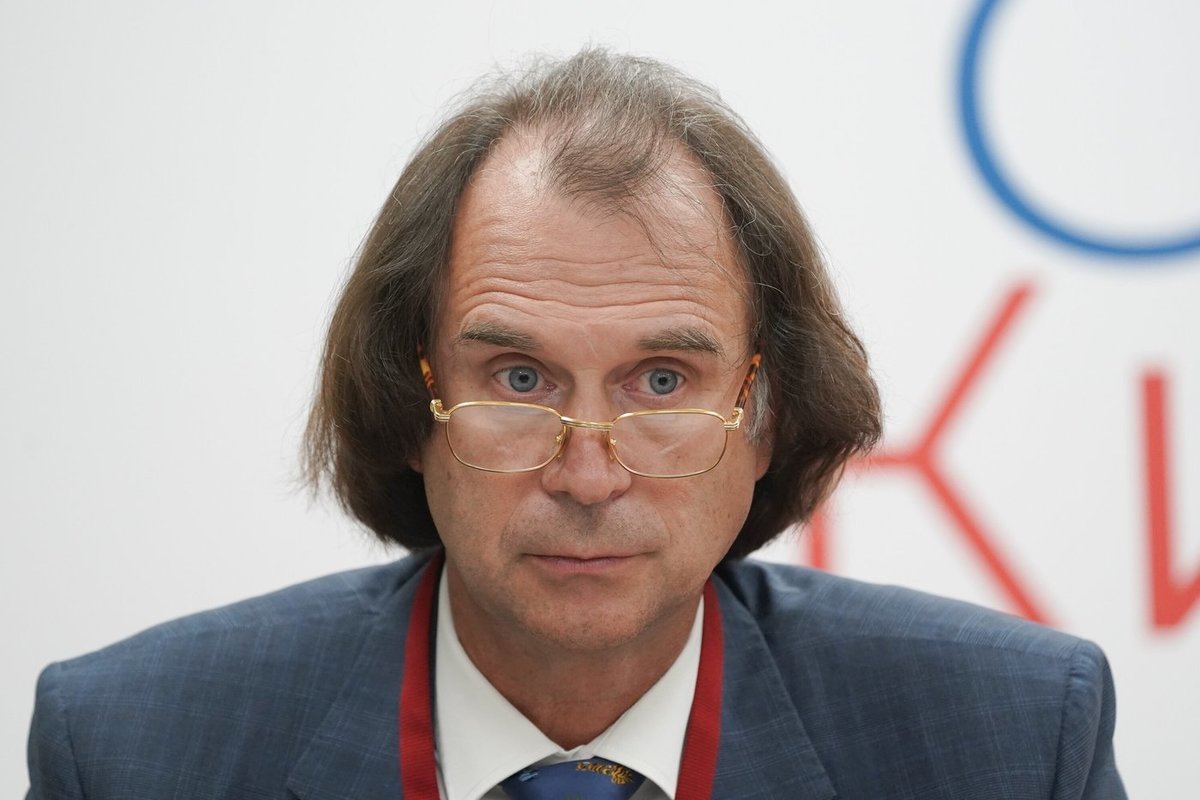Sergei Lisovsky spoke about the preparation of a bill that would control the operation of online stores
[ad_1]

“Today marketplaces are not responsible for quality”
The coverage of the topics raised at the press conference by Sergei Lisovsky, Deputy Chairman of the State Duma Committee for the Protection of Competition, turned out to be very wide. The deputy spoke about farmer cooperatives and the regulation of agrochemicals, the problems of counterfeit and falsification on retail shelves, the prospects for digital labeling and the development of marketplaces. As it turns out, not all of these concepts and related actions fall within the scope of regulation of the law. This is why there is so much confusion and fraud in the consumer market.
Sergei Lisovsky, in his new capacity as deputy chairman of the State Duma Committee on Competition, spoke to journalists for the first time. After all, we used to see him as a representative of the agrarian committee of parliament. Perhaps for this reason, Sergei Fedorovich devoted a significant part of the conversation to rural problems. I drew, so to speak, a line under my previous activities.
In particular, he focused on the problem of the use of pesticides and herbicides by domestic peasants. In the struggle for high yields, farmers often abuse plant protection products. As a result, in some regions of the country, as a result of the fight against mice on farmland, wild animals and birds are dying en masse. The essence of the problem is that in the “zero years” of this century, the liberal part of parliament practically abolished control over the movement, storage and use of these pesticides, which poured into Russia from abroad.
“For the last 8 years, as a deputy, I tried to return control over these drugs to Rosselkhoznadzor,” said Lisovsky. – We managed to do something. But not all. The law needs to be amended to grant such powers to government agencies. Today there are many “blank spots” in this area. For example, we don’t know what to do with pesticides that have expired or how to dispose of them. Or how to deal with confiscated agrochemicals? .
In short, the problem is big. The maximum standards for these drugs are set for only 20-30% of agricultural products. The remaining 70-80% may have off-scale levels of pesticides in the product on the retail shelf. However, inspection inspectors are not even able to make claims to the seller or supplier or hold them accountable. There are no maximum standards for many product categories; they are not stated anywhere!
By the way, the maximum values that are allowed in our trading market are sometimes 1000 times higher than in Europe. And go figure: either the Western partners are too cowardly, they are blowing their minds, or we are too self-confident. Meanwhile, for example, a recent study in Brazil showed that the high child mortality rate in this country due to blood cancer is a consequence of the high content of pesticides in food.
“Speaking of complete control over the circulation of these agrochemicals, we do not intend to introduce draconian measures,” the parliamentarian emphasized. – We are returning to the system that previously existed in Soviet times. And which exists in Europe.
Sergei Lisovsky also pointed out certain difficulties in selling farm products. Private traders cannot break into retail chains. There are very strict requirements for the calibration, size of vegetables, and their shelf life on the retail shelf. But many Russians want tasty, environmentally friendly and homemade products. How to break through the defense of a monopolist – retail chains?
According to the deputy, a law will soon appear according to which the interests of small producers will be represented and defended by united cooperatives. They will be created with the support of regional and federal budgets. They will be allocated free trading floors or given benefits on rent.
Marketplaces and online stores are becoming increasingly popular in our society. But their activities today are not regulated by virtually any laws.
“They are experiencing the same disease that existed when retail chains appeared in Russia,” noted Sergei Lisovsky. – Then the trade was not responsible for the quality of products; complainants were sent to suppliers-manufacturers of the goods. We were able to put retail chains on the legal track. Nowadays, marketplaces also “just sell” and are not responsible for quality. But what should the buyer do? He needs a good product, he pays money for it…
A law on marketplaces is being prepared in the depths of the State Duma. All goods will have to have digital marking, which will provide security guarantees for you and me, assured Sergei Lisovsky.
[ad_2]
Source link






